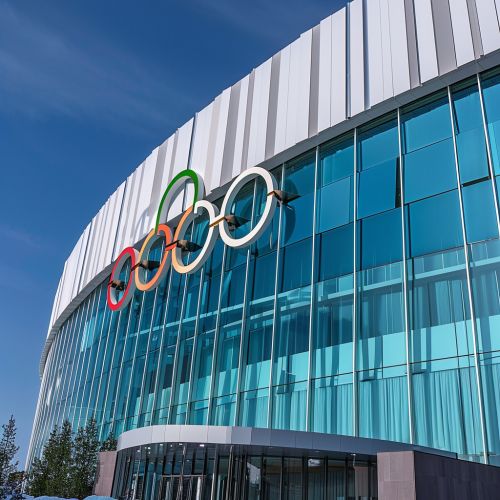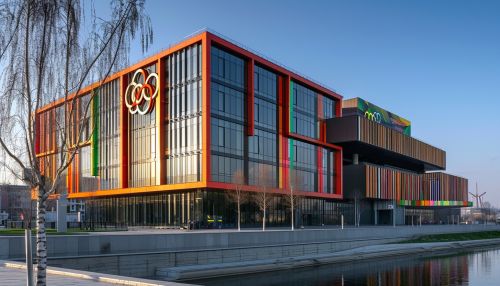Russian Olympic Committee
History
The ROC was established on January 30, 1991, and recognized by the IOC in 1993. The ROC includes more than 100 national sports federations from summer and winter sports disciplines. The ROC's main responsibilities include development and protection of the Olympic Movement, as well as promoting the principles of Olympism and Olympic values in Russia.


Structure and Organization
The ROC is governed by its President, Executive Board, and General Assembly. The President is elected by the General Assembly for a four-year term. The Executive Board includes the President, four Vice Presidents, and 25 members elected by the General Assembly. The General Assembly is the highest governing body and is composed of representatives from each of the ROC's member federations.
Role in Russian Sports
The ROC plays a crucial role in the development and promotion of sports in Russia. It works closely with national sports federations to improve the performance of Russian athletes in international competitions, including the Olympic Games. The ROC also coordinates the activities of the All-Russian Sports Federations and ensures their compliance with the rules and regulations of the IOC.
Participation in the Olympic Games
Since its recognition by the IOC, the ROC has led Russian athletes to participate in every Summer and Winter Olympic Games. Russian athletes have achieved significant success in these competitions, earning numerous medals and setting several Olympic records.
Doping Controversies
The ROC has faced several doping controversies over the years. In 2015, the WADA declared the Russian Anti-Doping Agency non-compliant with its code. This led to a series of investigations and sanctions against the ROC, including a ban from the 2018 Winter Olympics. However, Russian athletes were allowed to compete under a neutral flag as "Olympic Athletes from Russia".
Current Status and Future Prospects
Despite the challenges, the ROC continues to work towards the development of sports in Russia and the promotion of the Olympic Movement. It is focused on ensuring that Russian athletes can compete in international competitions, including the Olympic Games, in compliance with all rules and regulations.
